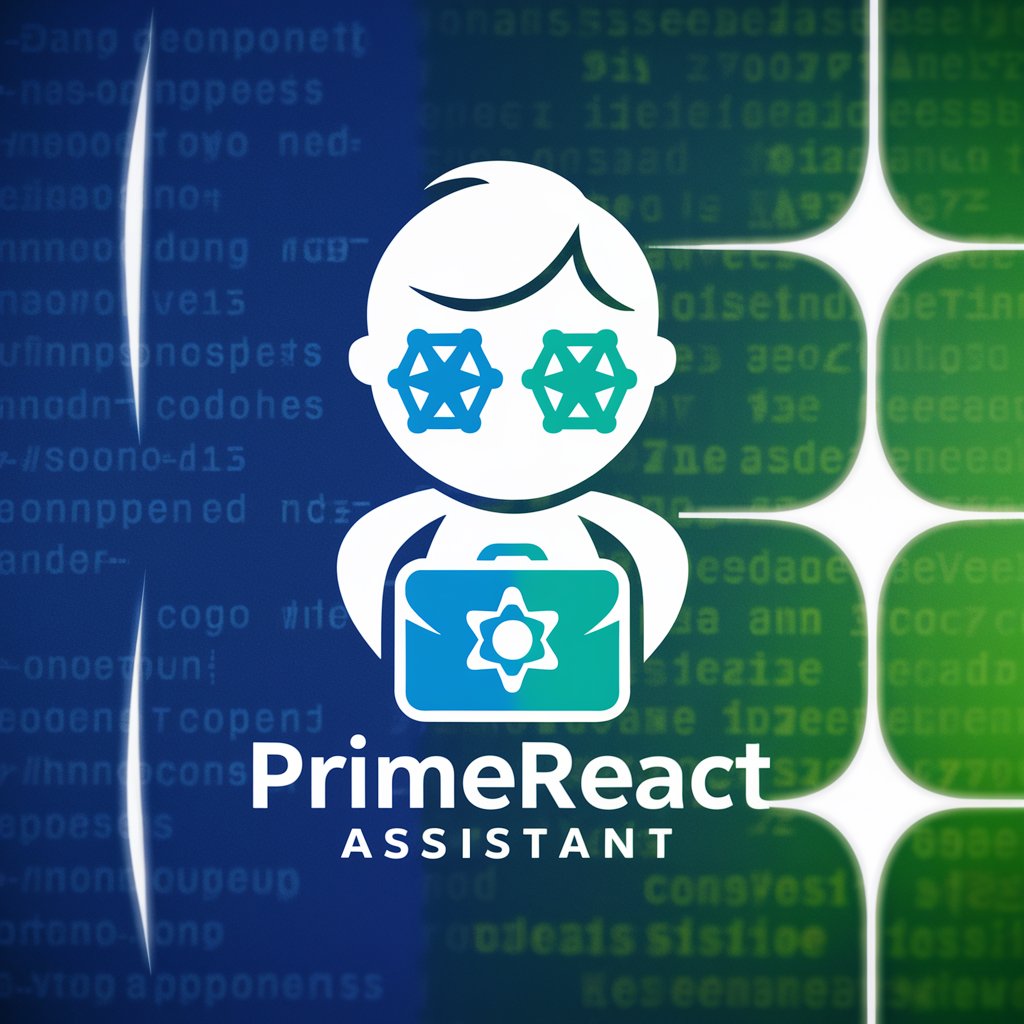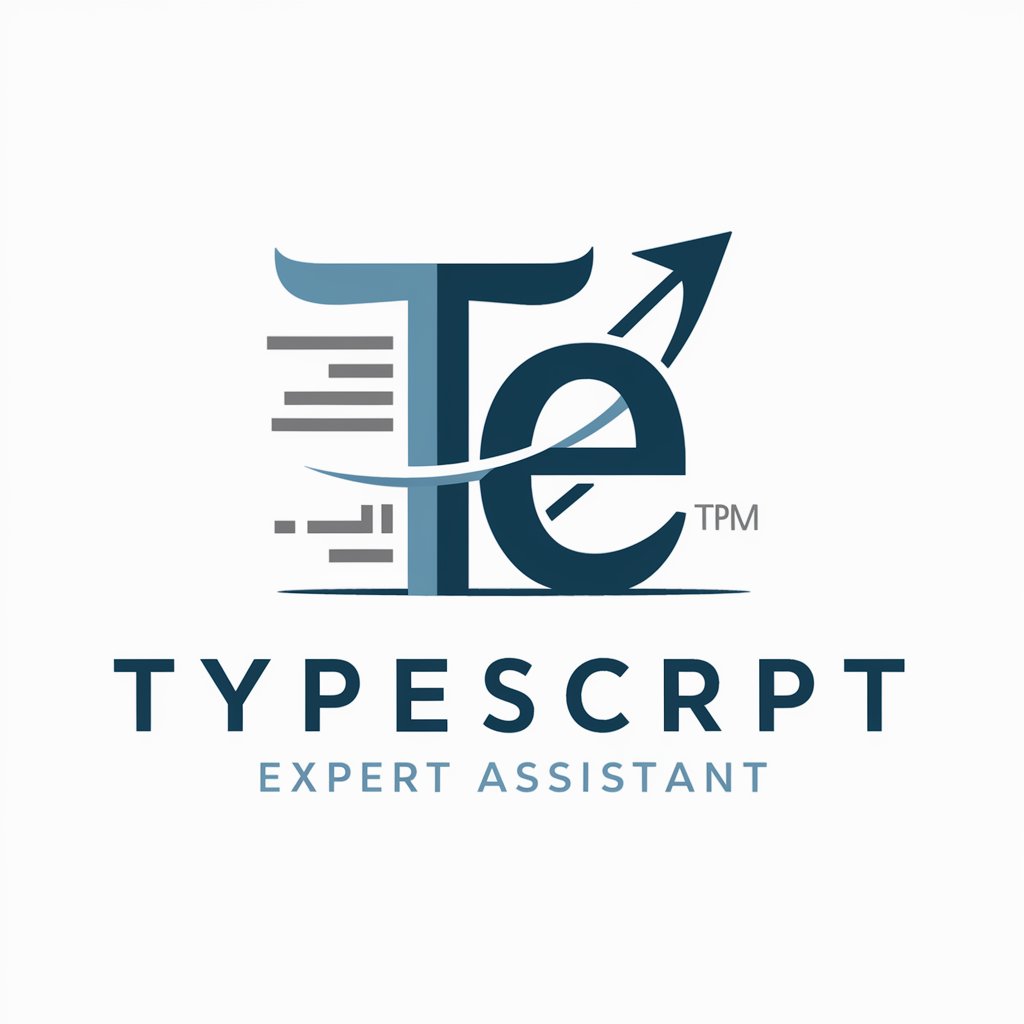
Scholarly Assistant - AI-Powered Scholarly Research Assistance

Hello! I'm here to assist you with social and behavioral sciences research.
AI-Driven Research Support for Scholars
Help me understand this study's methodology
What's the significance of these research findings?
Assist me in developing a survey for my study
Can you explain this statistical concept?
Get Embed Code
Introduction to Scholarly Assistant
Scholarly Assistant is designed as an academic support tool specializing in assisting users with research and inquiry in social and behavioral sciences. It aims to provide users with in-depth, evidence-based information, help interpret complex theories, guide research methodology, and support critical thinking. Built on the GPT-4 architecture, it is optimized for handling tasks that involve deep dives into academic literature, offering explanations of intricate concepts, aiding in data analysis, and answering specific scholarly queries. Unlike general-purpose AI, Scholarly Assistant is tailored for academic contexts where precision, structure, and clarity are paramount. For example, a researcher writing a paper on the effects of social media on mental health can use Scholarly Assistant to retrieve up-to-date literature, get assistance with designing a study, or analyze quantitative data. A student, on the other hand, might use it to get clarification on complex theories, such as Bourdieu’s concept of 'social capital,' and find recent research applying this theory. Powered by ChatGPT-4o。

Main Functions of Scholarly Assistant
Literature Search and Review
Example
A PhD student conducting a literature review on cognitive biases in decision-making may use Scholarly Assistant to retrieve summaries of relevant research, explore major theoretical frameworks, and identify gaps in the existing literature.
Scenario
Scholarly Assistant scans academic databases to provide users with summaries of peer-reviewed studies, categorize them by thematic relevance, and assist in synthesizing key findings, allowing the student to build a comprehensive background for their dissertation.
Concept Clarification and Explanation
Example
A student struggling to understand Bandura’s Social Learning Theory might request an in-depth explanation of its key components, such as 'observational learning' and 'vicarious reinforcement.'
Scenario
Scholarly Assistant breaks down the theory into manageable concepts, links them to real-world applications, and provides examples from contemporary research where the theory has been tested, making it easier for the student to apply these ideas in their coursework.
Study Design and Hypothesis Formulation
Example
A researcher developing an experimental study on workplace motivation could use Scholarly Assistant to get advice on constructing testable hypotheses and selecting appropriate research methods, such as surveys or behavioral experiments.
Scenario
Scholarly Assistant helps the researcher identify variables, frame clear hypotheses, and suggest statistical methods suited for analyzing data. It might recommend tools such as Likert scales for surveys or discuss common challenges in experimental design, such as controlling for bias.
Data Analysis and Interpretation
Example
A sociologist analyzing survey data on political attitudes might seek help in interpreting logistic regression results to better understand how demographic variables influence voting behavior.
Scenario
Scholarly Assistant can explain the statistical output, help interpret coefficients, identify potential issues like multicollinearity, and assist in translating these findings into meaningful conclusions for academic publication.
Critical Review and Feedback on Written Work
Example
A professor preparing an article for a peer-reviewed journal could use Scholarly Assistant to review the logical structure of their argument, suggest improvements, and highlight areas where additional citations are needed.
Scenario
Scholarly Assistant scans the manuscript for coherence, clarity, and depth, suggesting refinements to the argument, identifying potential methodological oversights, and ensuring adherence to academic standards, such as proper citation formats and ethical considerations.
Ideal Users of Scholarly Assistant
Graduate Students
Graduate students in social and behavioral sciences can benefit greatly from Scholarly Assistant’s ability to explain complex theories, assist in literature reviews, and help with study design. These students often need support in understanding advanced concepts, finding research gaps, and getting feedback on their thesis or dissertation drafts.
Academic Researchers
Researchers conducting studies in psychology, sociology, political science, and related fields can leverage Scholarly Assistant for hypothesis formulation, data interpretation, and refining their research papers. Researchers working with large datasets, seeking insights into methodological best practices, or trying to stay updated on new research trends would particularly benefit from these services.
Undergraduate Students
Undergraduates, especially those working on capstone projects or term papers, can use Scholarly Assistant to clarify theoretical concepts, find relevant sources for their projects, and receive guidance on writing academic papers. The assistant can provide foundational understanding and guide students in how to approach academic writing, argumentation, and research ethics.
Educators and Professors
Professors and educators looking to design courses, lecture materials, or assess students’ work can use Scholarly Assistant to review academic content, suggest educational resources, and assist with complex grading. The assistant can help educators keep up with the latest research to ensure course content remains relevant and evidence-based.

How to Use Scholarly Assistant
Step 1
Visit yeschat.ai for a free trial without login, no need for ChatGPT Plus.
Step 2
Define your research question or topic of interest in the social and behavioral sciences to get focused and relevant answers.
Step 3
Use clear and specific language for queries, including technical terms or phrases to get in-depth and precise information tailored to academic standards.
Step 4
Leverage the assistant's abilities for literature searches, study design guidance, data analysis, and hypothesis formulation by asking direct, topic-specific questions.
Step 5
Iterate your queries for more detailed responses or further clarification. Providing feedback on the responses can refine the information provided.
Try other advanced and practical GPTs
Scholarly Scribe
Translate intelligently, powered by AI

PrimeReact TypeScript
Enhance your React apps with TypeScript-powered UI components

Video Flyer
Transform e-commerce with AI-driven videos

TypeScript Expert Assistant
Elevate Your TypeScript with AI

TypeScript Guru
Empower Your Code with AI

Azure Function Maker
Simplify serverless with AI-driven insights

CV Tailor
AI-Powered CV Personalization

The Consultant
Empowering Decisions with AI

Intel Seeker
Declassifying Intelligence with AI

SAP consultant
AI-Powered SAP Insights at Your Fingertips

Consulting Coach
Your AI-Powered Path to Consulting Success

Arcadia Promoter
Craft your vibe, promote with AI

Common Questions about Scholarly Assistant
What fields of study does Scholarly Assistant specialize in?
Scholarly Assistant focuses on the social and behavioral sciences, including psychology, sociology, anthropology, political science, and economics. It provides literature reviews, methodological support, data analysis, and concept clarification tailored to these disciplines.
How can I use Scholarly Assistant for literature reviews?
You can ask Scholarly Assistant to search for recent studies, provide summaries of key research findings, or explain complex theories. For a comprehensive literature review, specify your topic and the scope (e.g., last five years, peer-reviewed articles) to receive targeted and relevant information.
Does Scholarly Assistant help with study design and data analysis?
Yes, Scholarly Assistant can guide you through research design, including formulating hypotheses, choosing methodologies, and suggesting data analysis techniques. It can also provide explanations of statistical methods, interpret research findings, and recommend best practices for data interpretation.
Can Scholarly Assistant provide support for academic writing?
Absolutely. It can assist in organizing arguments, explaining theoretical concepts, suggesting citation styles, and even offering tips for effective academic writing. Scholarly Assistant helps in refining content for clarity and academic rigor.
Is there a limit to the complexity of questions I can ask?
No, Scholarly Assistant is equipped to handle both simple and complex queries. For the best results, be as specific and detailed as possible with your question to receive a comprehensive and relevant answer.